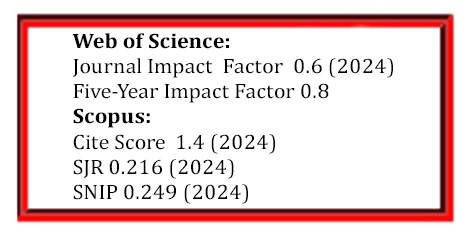Impact of Weft Yarn Density and Core-yarn Fibre Composition on Tensile Properties, Abrasion Resistance and Air Permeability of Denim Fabrics
DOI:
https://doi.org/10.5755/j02.ms.27532Keywords:
denim fabric, specific stress, air permeability, abrasion resistanceAbstract
Characteristics and serviceability of denim fabrics have undergone major changes. Nowadays denim is commonly used for casual wear. Durability and comfort are important parameters for consumers when choosing a denim garment. Therefore, in this study, abrasion resistance, tear and tensile properties of core–spun yarns and air permeability of denim fabrics with different weft yarns per centimetre and fibre content were analysed. The test results showed that weft yarns per centimetre influences fabric air permeability negatively but abrasion resistance increases. Higher weft yarns per centimetre influences fabric air permeability negatively but abrasion resistance increases. Polyester, elastane, modal, viscose and Lycra T400 were used in the core of weft yarn to analyse the impact of those fibres on the durability and comfort properties. Elastane is used to add stretchability to the fabric, which provides comfort to the wearer. The higher the elastomeric fibre content in the fabric, the greater is its elasticity; however, the tensile properties of the woven fabric decrease. The tear strength of the fabric was increased by the presence of the polyester fibre in the core.
Downloads
Published
Issue
Section
License
The copyrights for articles in this journal are retained by the author(s), with first publication rights granted to the journal. By virtue of their appearance in this open-access journal, articles are free to use with proper attribution in educational and other non-commercial settings.



